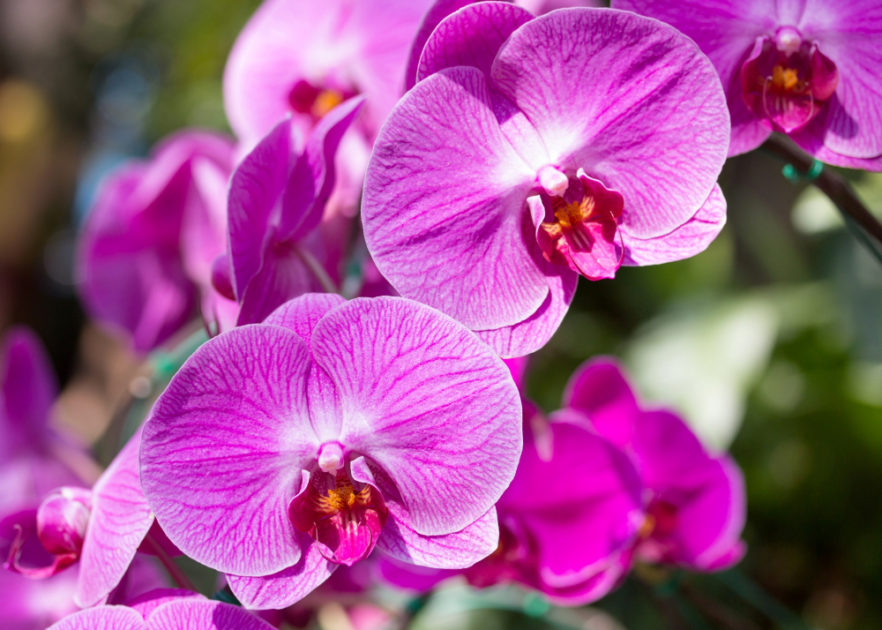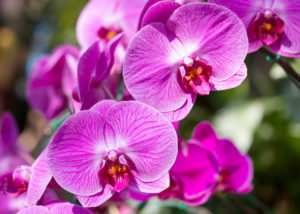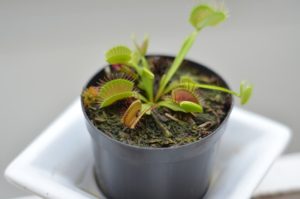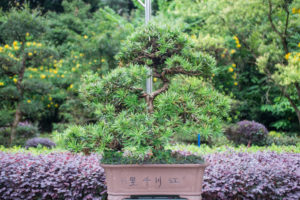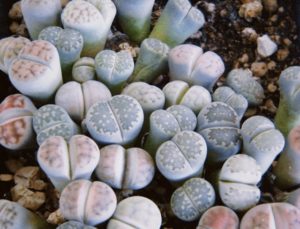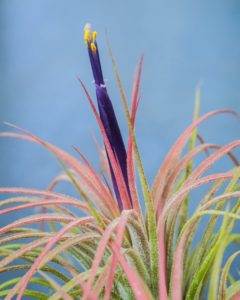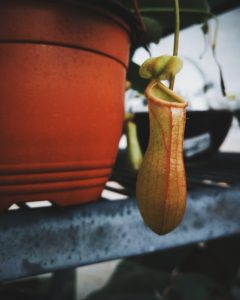In Atherton’s luxury estate landscaping, the cultivation and maintenance of rare and expensive plants stand as a testament to the dedication and passion of garden enthusiasts. However, amidst the lavish allure of these botanical treasures, there lies a crucial yet often overlooked factor that can significantly impact their health and vitality of water quality. Delving deeper into this aspect unveils a wealth of insights and recommendations for optimizing the care of these prized specimens.
Water Quality for Plants: What You Need to Know
Water serves as the lifeblood of plants, facilitating essential processes such as nutrient uptake and photosynthesis. However, not all water is created equal, and the composition of tap water may contain elements that can prove detrimental to the delicate balance of rare and expensive plants. Chemicals such as chlorine and fluoride, as well as minerals like calcium and magnesium, can accumulate in the soil over time, leading to issues such as root damage, nutrient imbalances, and stunted growth. As such, exploring alternative sources of water that are free from these contaminants becomes imperative in maintaining the health and vibrancy of luxury landscaping.
Plants Requiring Water Quality for Optimal Growth
- Orchids: Renowned for their exquisite beauty and intricate blooms, orchids are particularly sensitive to the chemicals found in tap water. Chlorine, in particular, can disrupt the delicate balance of their root system and foliage, leading to wilting and discoloration. Transitioning to distilled or rainwater provides a purer source of hydration, allowing orchids to flourish in their lavish surroundings.
- Venus Flytraps: These captivating carnivorous plants thrive in nutrient-poor environments, making them especially vulnerable to the minerals present in tap water. Excessive exposure to these elements can lead to root rot and hinder their ability to capture prey. By utilizing rainwater or distilled water, gardeners can ensure that Venus Flytraps receive the pure hydration they require for optimal growth and vitality.
- Bonsai Trees: Bonsai cultivation requires careful attention to detail, including water quality management. Tap water’s mineral content can accumulate in the soil of bonsai trees over time, leading to alkalinity issues and nutrient deficiencies. Employing rainwater or filtered water as an alternative watering source mitigates these concerns, allowing bonsai enthusiasts to maintain the health and aesthetic appeal of their prized collections.
- Lithops: Known as “living stones” for their remarkable resemblance to their namesake, lithops are desert-dwelling succulents with unique watering requirements. Tap water’s high mineral content can pose a threat to their delicate root systems, making them susceptible to rot. Adopting a cautious approach to watering and utilizing purified water sparingly can safeguard lithops from potential harm and ensure their longevity in Atherton’s luxury landscapes.
- Tillandsia: Air plants, such as Tillandsia, are celebrated for their minimal care requirements and architectural beauty. However, their sensitivity to chemicals in tap water necessitates alternative watering methods. Soaking them in rainwater or water collected from a dehumidifier provides the pure hydration they need to thrive without compromising their health or aesthetic appeal.
- Carnivorous Pitcher Plants: Like their botanical counterparts, pitcher plants rely on pure water sources to thrive. Tap water’s mineral content can alter the acidity of their soil, leading to nutrient deficiencies and hindered growth. By transitioning to purified water, gardeners can ensure that these captivating carnivores receive the optimal hydration and nutrient balance they require for robust health and vigor.
- Rare Ferns: Ferns originating from tropical rainforests are accustomed to the pure, mineral-free water found in their natural habitat. Tap water’s mineral content can disrupt their delicate ecosystem, leading to issues such as leaf browning and diminished vitality. Mimicking their native environment by utilizing rainwater ensures that rare ferns receive the hydration they need to thrive and flourish in luxury landscapes.
Incorporating water quality management into the care routine of rare and expensive plants is essential for ensuring their longevity and vitality in Atherton luxury landscapes. Investing in alternative water sources, such as rainwater collection systems or distilled water, provides gardeners with the means to mitigate the potential risks associated with tap water and create an optimal environment for their prized botanical specimens. By adopting these insights and recommendations, landscape designer in Atherton can enhance the gardening practices and cultivate a truly luxurious landscape that showcases the beauty and diversity of rare and expensive plants.
